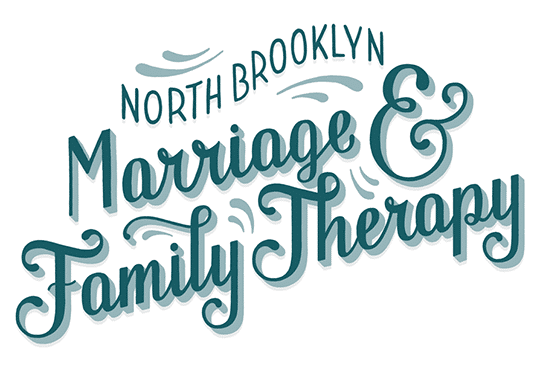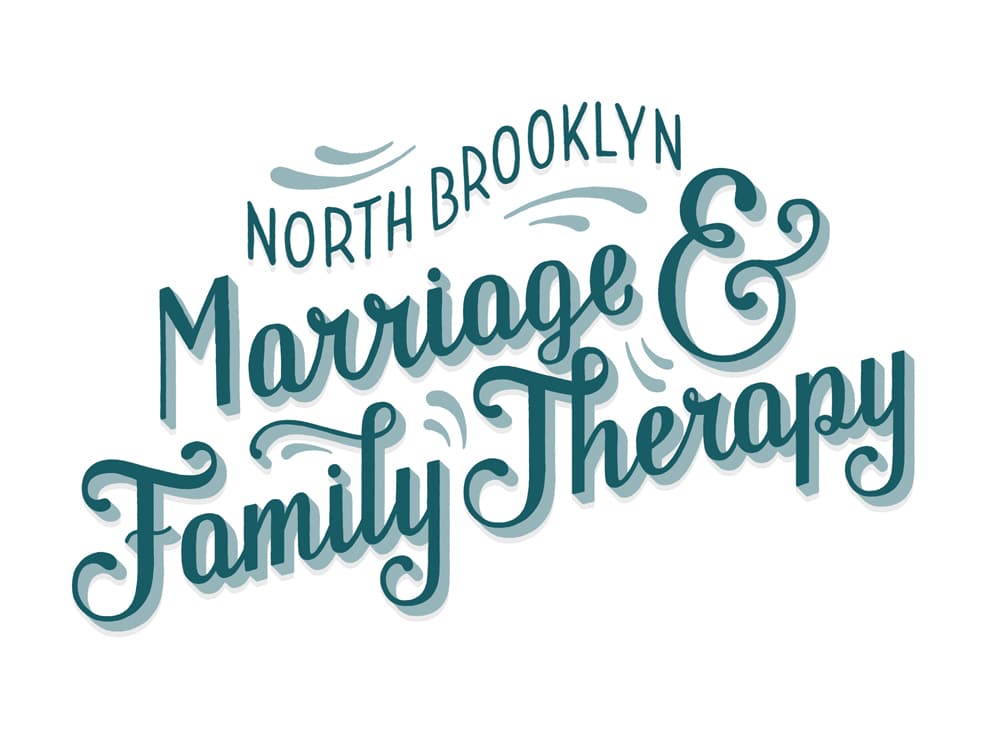em·pa·thy
ˈempəTHē/
noun
the ability to understand and share the feelings of another.
I think about the experience of empathy a lot. Feeling empathy for another person’s emotional experience is the primary skill of a counselor. Above theories or interventions, if you can sit with a client, in their sorrow, in their anxiety, or in their joy, you are healing. And if you can’t, it’s hard to imagine that the work is being done.
Empathy is sourced in the same part of the brain as self-awareness, the insula. It makes sense. If I cannot bring awareness to my own feelings, if I cannot feel them and name them, how I can do that with another person’s feelings? And it follows that as I practice self-awareness, I develop my ability to empathize, and thus my ability to connect in a deeper sense of humanity. So I think about empathy a lot.
The layman’s understanding of empathy is feeling another person’s feelings. But there is more to it than that; there has to be. In addition to feeling another person’s feelings, going into that space with them and sitting there — without judgment and without expressing our natural and loving desire to fix that person’s problems to return their feelings to neutral — there is also necessary discernment. We cannot go into another person’s space of anxiety and take on that anxiety as our own. It is not sustainable, it is not productive, and it’s not ours to take. Rather, empathy is the ability to feel someone’s sadness around a decision we have made, and be able to stick with that decision. We know it hurts them, we know it’s a hard decision, and it remains one that we must make.
I then wonder why empathy is not on everyone’s mind. Always. A greater sense of how we affect people, and how we can support them, a greater sense of our own internal landscape and reaction patterns, is a whole, additional world of information and understanding. We maintain discernment, we maintain who we are and how we choose to live our lives, while feeling connected, loving, and with heightened understanding. These are some of the gifts of mindfulness meditation — some of the gifts of sitting with someone else’s pain while resisting our need to solve it, and ultimately the gifts of intimacy with humanity. It’s a beautiful thing, it’s why I’m a therapist, and why I teach techniques for developing empathy.
For more information check out some of these resources:

Sarah Larkin Birdsong, MHC, considers counseling a collaborative practice in communication and connection, and she works with couples, individuals, children, and groups. Her open-minded and accepting approach to counseling helps people heal trauma, process loss, manage stress, make strong decisions and understand relationships better. Read more about Sarah.


